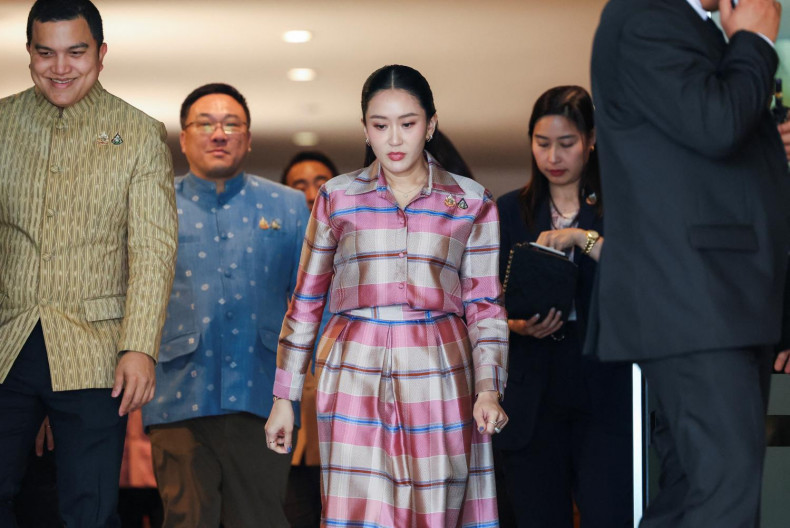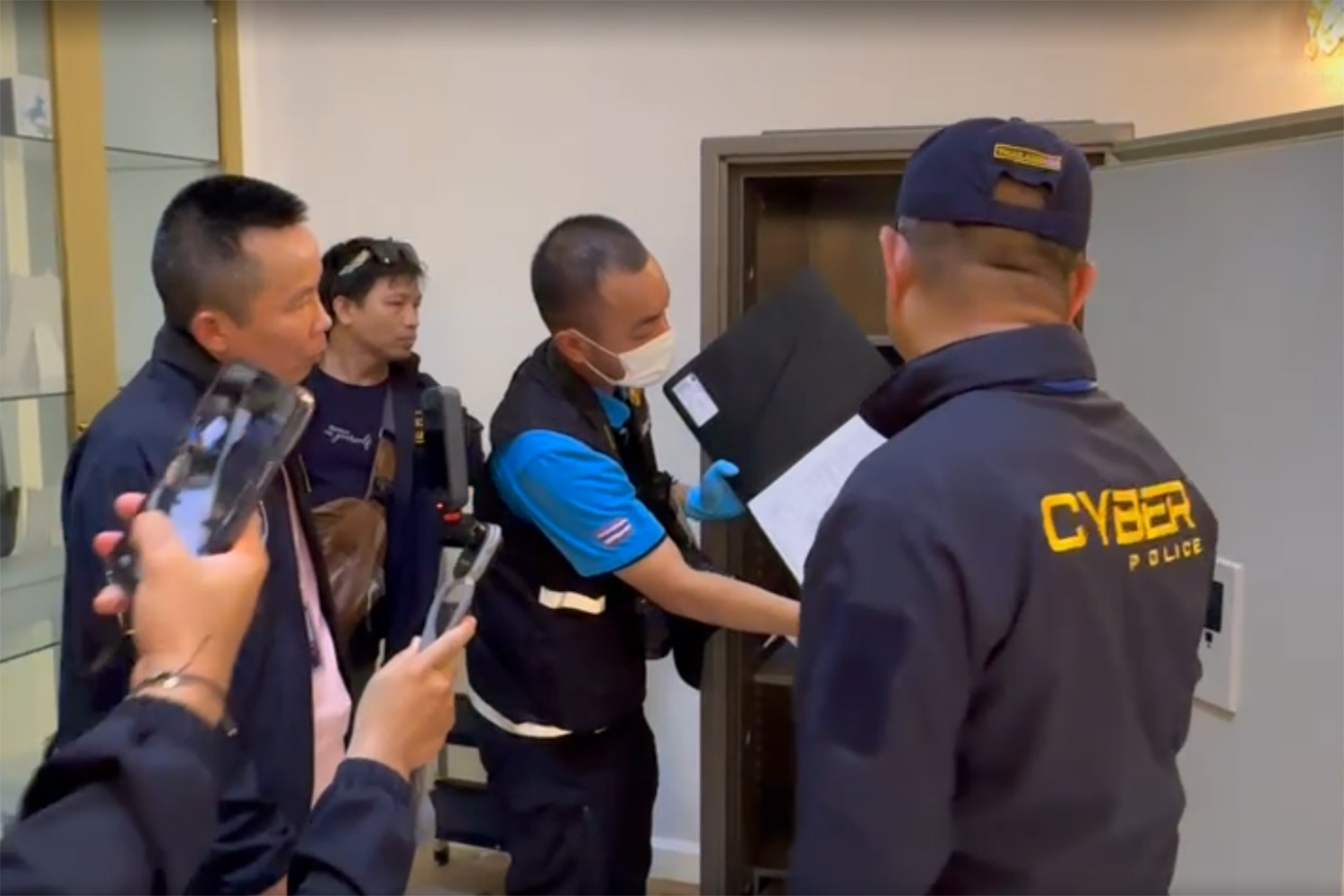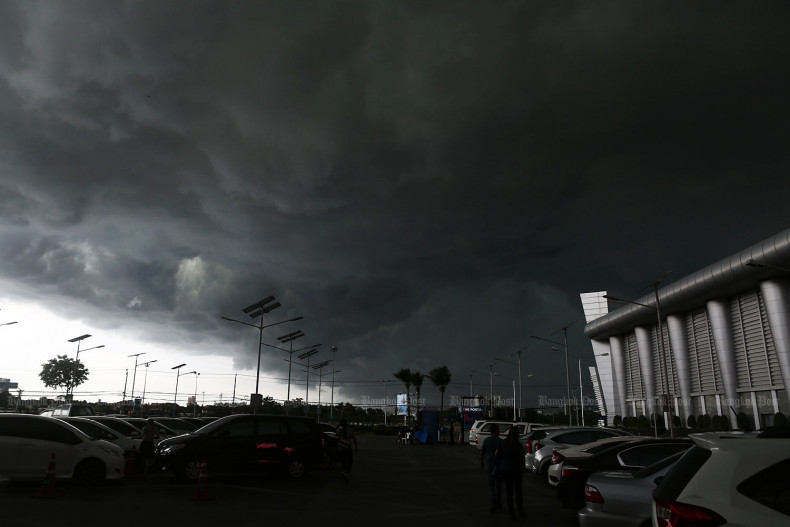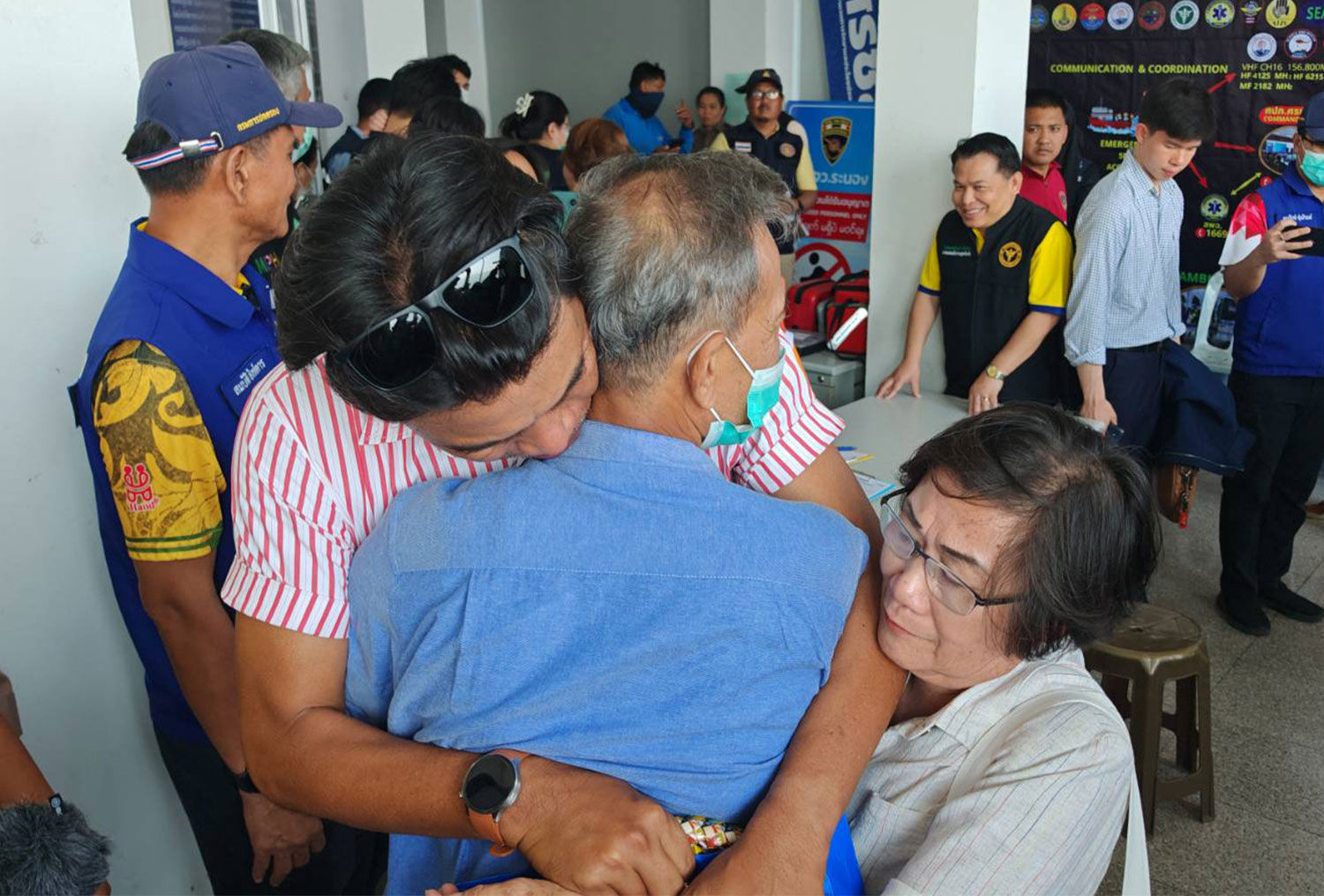Fragile Coalition Under Pressure
Paetongtarn’s Precarious Leadership
Prime Minister Paetongtarn Shinawatra faces a deepening political crisis triggered by a leaked phone call with Cambodia’s former leader, Hun Sen, over a border dispute. The scandal has destabilized her Pheu Thai-led government, with the Bhumjaithai Party’s exit reducing her coalition to a slim 261-234 parliamentary majority. As public criticism and protests mount, her leadership hangs in the balance, with Thailand’s political future hinging on parliamentary dynamics.
No-Confidence Motion Looms
Bhumjaithai’s Strategic Shift
The Bhumjaithai Party, now in opposition after leaving the coalition, has initiated a no-confidence motion set for when parliament reconvenes in July 2025. The party’s withdrawal, partly driven by disputes over the powerful interior ministry portfolio, marks its first time outside government, limiting its influence. This move intensifies pressure on Paetongtarn, whose coalition struggles to advance policies amid growing calls for her resignation.
Current Parliament’s Challenges
Potential Leadership Change
If Paetongtarn resigns under mounting pressure, the current House of Representatives would need to elect a new prime minister. Bhumjaithai’s leader, Anutin Charnvirakul, could emerge as a strong contender, leveraging his party’s 69 seats. However, Pheu Thai’s larger parliamentary presence complicates this scenario, as it may resist ceding control, preferring to maintain influence within the existing assembly rather than risk a broader electoral defeat.
Snap Election Possibility
Shifting Political Landscape
A snap election could reshape Thailand’s political scene, potentially weakening Pheu Thai further after its second-place finish in the 2023 election. The People’s Party (Prachachon), successor to the Move Forward Party, is poised to gain significant ground, possibly securing a larger mandate. Such an outcome could challenge the Shinawatra family’s decades-long dominance, though Prachachon faces risks of dissolution by oversight bodies like the Constitutional Court.
Role of Oversight Agencies
Bhumjaithai as Kingmaker
In a new election, Bhumjaithai could play a pivotal role as a kingmaker, with its support critical to forming a government. Meanwhile, institutions like the Constitutional Court and National Anti-Corruption Commission hold significant sway, potentially influencing outcomes through legal challenges. A Pheu Thai-Prachachon alliance, aligned on reform goals, could emerge, but the threat of judicial intervention looms large over any electoral shift.
Military Coup Unlikely
Economic and Legitimacy Concerns
An extra-parliamentary scenario involving a military or judicial coup remains a remote possibility, given Thailand’s fragile economy and public resistance to unelected governance. A coup would risk further economic decline and lack credible leadership, making it an unappealing option. Sticking to electoral processes offers the best path forward, preserving democratic legitimacy despite Thailand’s turbulent political history.









